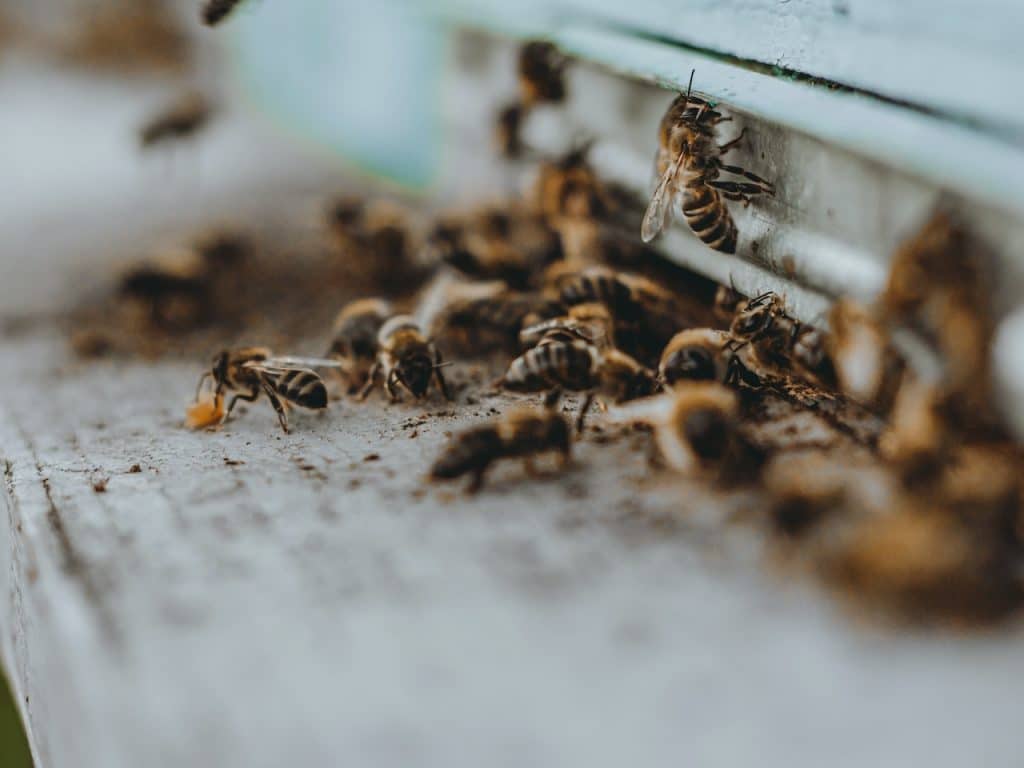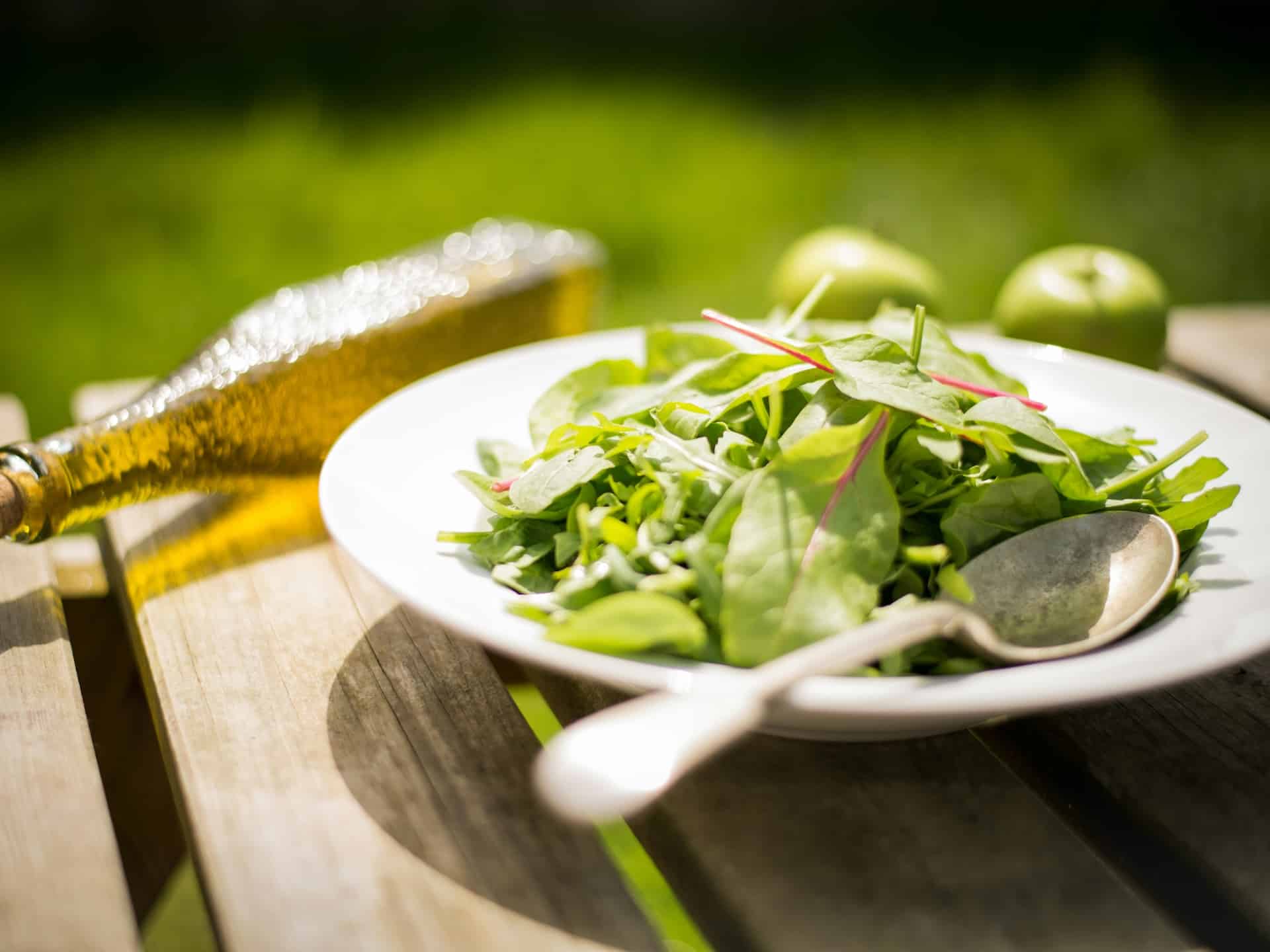
The Internet is full of reviews about royal jelly. It is sold in capsules, blisters or pearls and some websites define it as energy hopper, while attributing various properties to it. Among these supposed benefits of royal jelly, it is suggested that it reduces anxiety and depression, improves physical performance, and even improves the ability to concentrate.
Eduard Baladia, dietitian-nutritionist and member of the Center for Analysis of Scientific Evidence of the Spanish Academy of Nutrition and Dietetics, helps us unravel what is true and what is myth in this ‘superfood’.
What is royal jelly?
“Royal jelly is a secretion of honey bees (Apis mellifera), known as the domestic bee or European bee. It is used to feed the larvae of the honeycomb,” says Baladia. “Although it is said that the larvae that will become drones (males) or worker bees (infertile females) feed on royal jelly for three days, not all authors agree, maintaining that the jelly that takes the ‘plebs’, or the common worker bee is not royal jelly.”
On the other hand, «the larvae that will become queens (fertile females) do feed on royal jelly secretions in large quantities and until they are fully developed.»
Nutritional value of royal jelly
According to the nutritional composition data we have, royal jelly contains water, proteins, carbohydrates, lipids, vitamins, minerals and other bioactive compounds. According to Baladia, “in the literature it is observed that its composition can vary depending on various factors. But it mainly consists of water (50-70%), followed by sugars and proteins in similar quantities (8% to 20%), and lipids (3% to 8%)”
the study Quality and standardization of Royal Jelly, published in 2009, points out the significant amount of free sugars (between 8% and 30%) that royal jelly provides. Precisely the type of sugars whose consumption – the expert emphasizes – “must be limited.”
The dietitian-nutritionist clarifies that most of “the benefits attributed to royal jelly are related to its proteins and lipids. However, it is crucial to note that much of the evidence on its health effects is based on cell and animal studies. Therefore, the effectiveness of these substances in humans cannot yet be stated with certainty.”
What is royal jelly for, does it have as many benefits as they say?
To answer this question about the benefits of royal jelly, the expert turns to the platform That’s a claim. This is a project dedicated to promoting critical thinking in the population. It “warns about the importance of being alert to statements that seem too good to be true. Without a doubt, health claims related to royal jelly fall into this category.”
For Baladia, although there are studies carried out in cells and animals that suggest that some components of royal jelly could be beneficial for humans, currently, “unfortunately, they are not enough. In fact, many treatments that show promising signs in early stages never demonstrate significant effects in larger research.”
Relatively few rigorous scientific evaluations have been conducted on royal jelly in humans. “Every large and transparent review of human studies has come to the same conclusion: royal jelly does not have the benefits attributed to it”, concludes the expert from the Spanish Academy of Nutrition and Dietetics. In other words, we should ignore claims proposing royal jelly for fatigue or royal jelly for raising blood pressure.
The confirmation comes from the hand of the European Food Safety Authority (EFSA). This institution is responsible for evaluating these types of supplements to decide whether or not they can carry out a health claim. “Royal jelly has been ever in this process up to 16 times. No health benefit claim has ever been approved,” says Baladia.

How should it be consumed?
Since it comes in blisters, pearls and capsules, we have asked the dietitian-nutritionist what is the most appropriate system for consuming it as well as the most appropriate dose. His response leaves no room for doubt: “Given that scientific evidence does not support the supposed benefits of royal jelly and an effective dose has not been established through clinical studies, Its consumption is not considered necessary since there is no solid basis to support its effectiveness.”
How long does it take to take effect from consumption?
With the studies and scientific evidence currently available, “a specific time cannot be determined in which it can take effect,” points out Eduard Baladia. “Royal jelly should not be expected to produce any substantial benefits after consumption.”
Does royal jelly make you fat?
the study The Effects of Royal Jelly Supplementation on Anthropometric Indices: A GRADE-Evaluated Systematic Review and Dose-Response Meta-Analysis of Randomized Controlled Trials is a systematic review of the literature on this topic. Review the ten studies carried out on humans and the conclusion is that “its consumption has no effect on weight (because it is consumed in small quantities), nor does it help maintain body weight (because it has not been proven to be effective),” explains Baladia. . .
In this sense, nutrition professionals remember that no food alone has the ability to ‘make you fat’ or ‘lose you’. Gaining weight or losing it is the result of the overall diet together with energy expenditure (whether or not there is a caloric deficit), which will lead to an increase, loss or maintenance of body weight.
Can you take royal jelly and antidepressants at the same time?
The reality is that there is no solid scientific evidence to support the effectiveness of royal jelly in treating depression. On the other hand, as Baladia indicates, «to date, it has not been demonstrated that there is a significant interaction between the nutrients contained in royal jelly and antidepressants.»
Despite this, the expert advises “consulting with the health professional who has prescribed this or any other medication before combining any supplement, including royal jelly, with medications such as antidepressants. Only then can we ensure that it is safe and appropriate for your specific situation.”
The entry Royal jelly: myth or health elixir? was first published in Nutriiendo.






